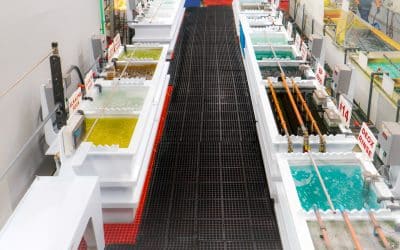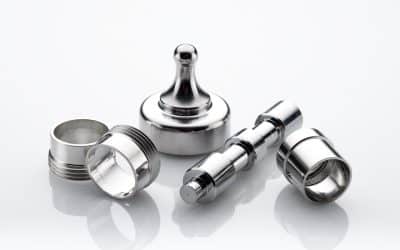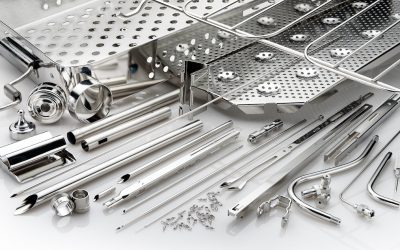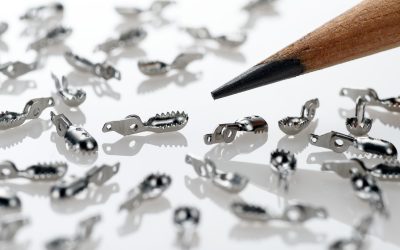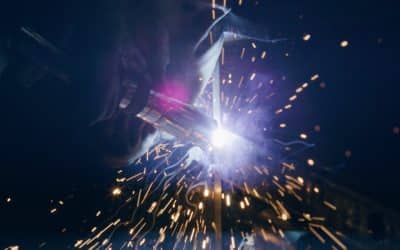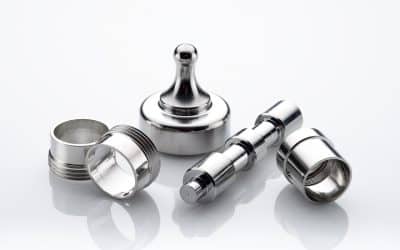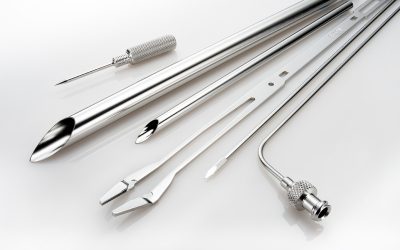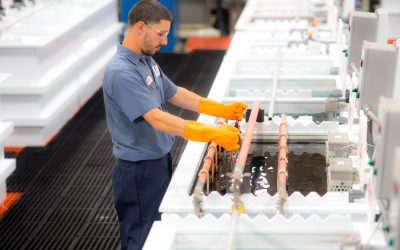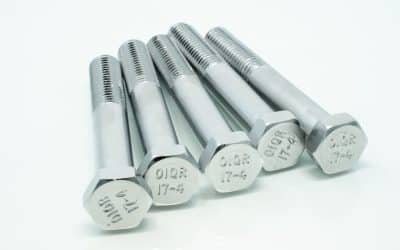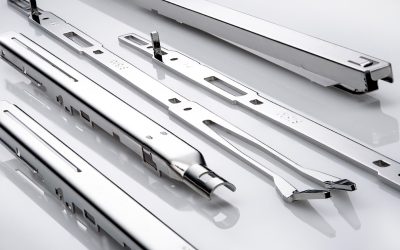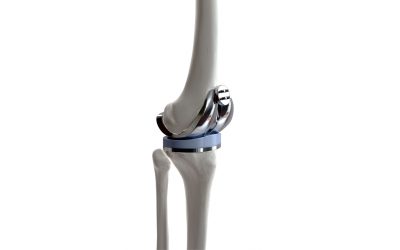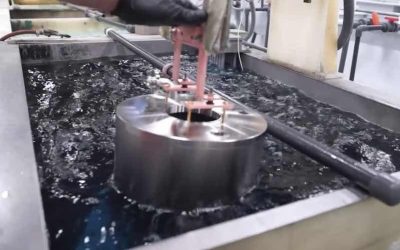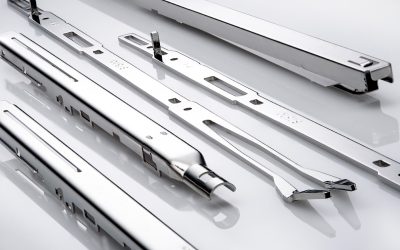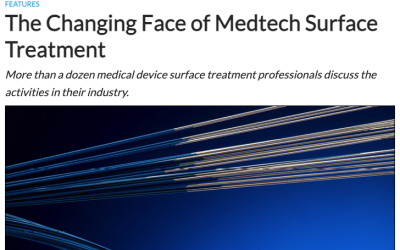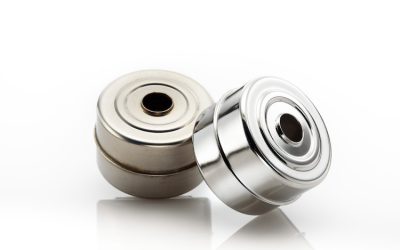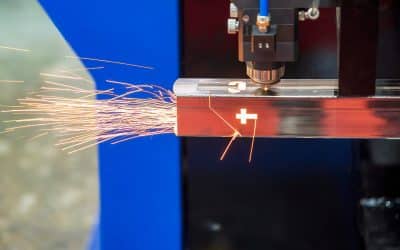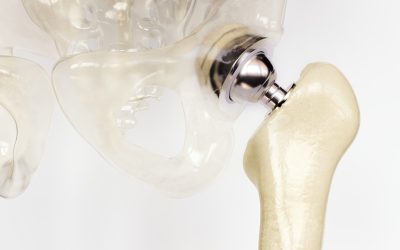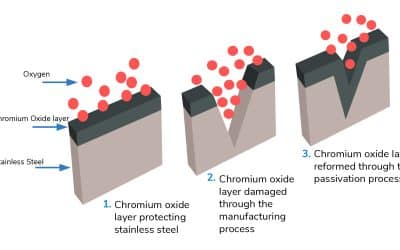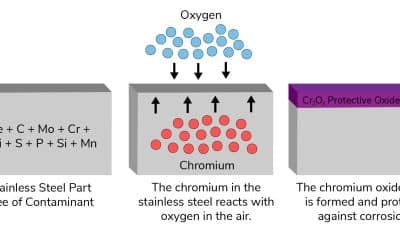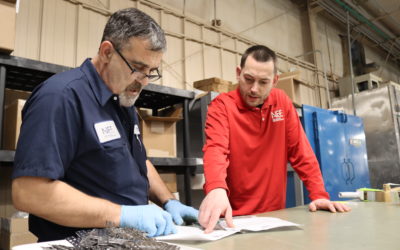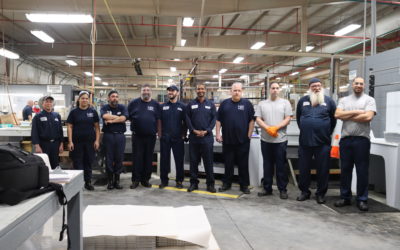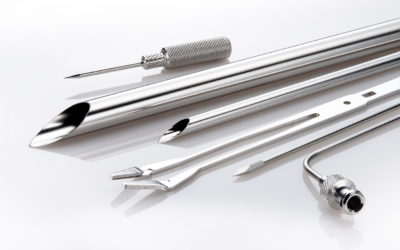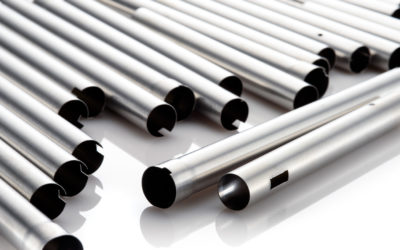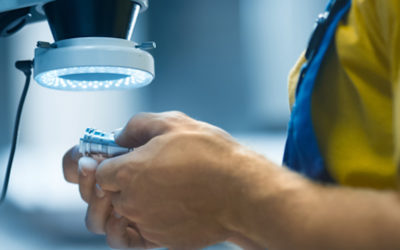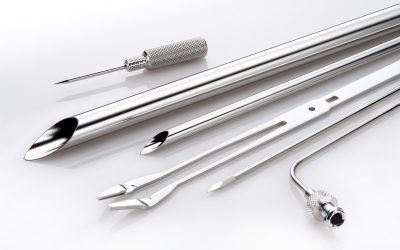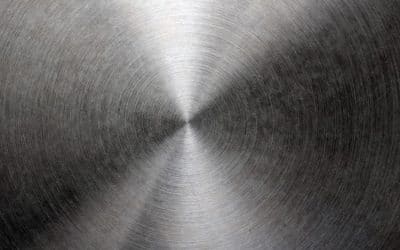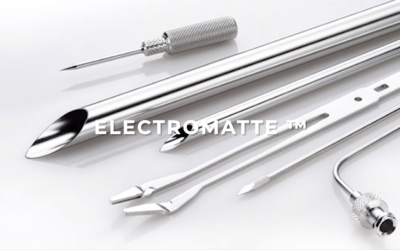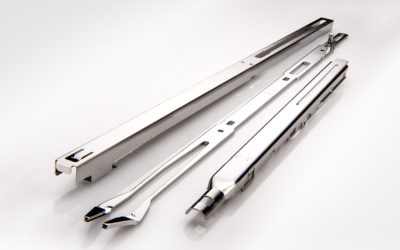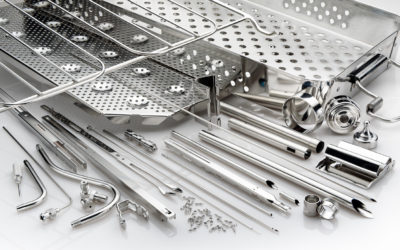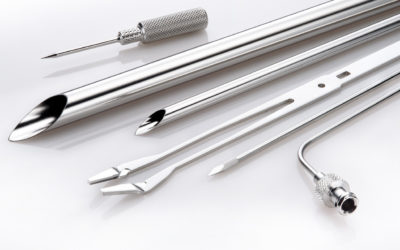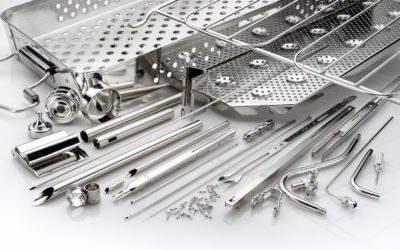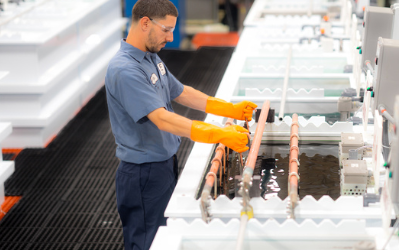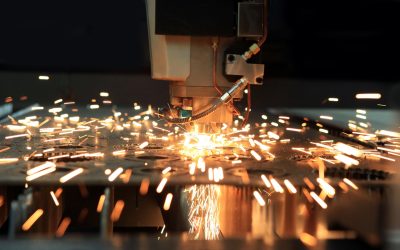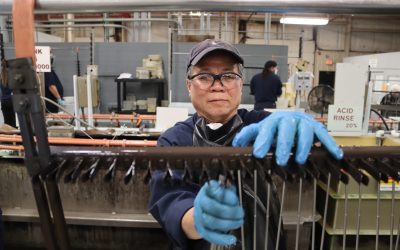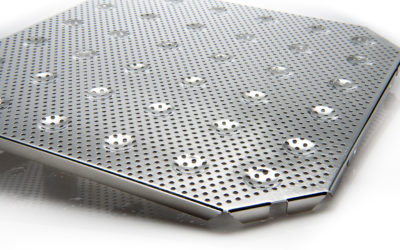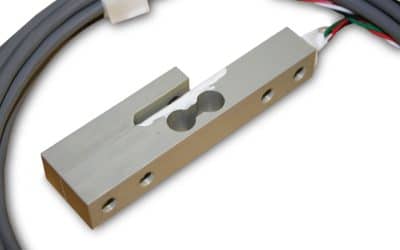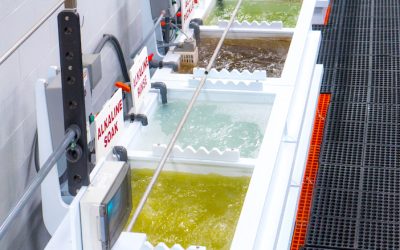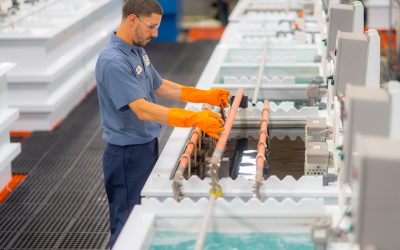Electropolishing Blog
New England ElectropolishingCorrosion-Resistant Stainless Steel Treatments
Stainless steel is known for its natural corrosion resistance—but in many...
Protecting Chemical Processing Equipment with Citric Acid Passivation
Why Surface Treatment Is Essential for Corrosion Resistance in Harsh...
Using Citric Acid Passivation for Marine and Subsea Components
Stainless steel is widely used in marine and subsea applications for its...
Why Machined Stainless Steel Needs Passivation
Stainless steel is valued for its natural corrosion resistance—but...
Stainless Steel Treatment After Welding: Methods, Comparisons, and Best Practices
Welding is a critical step in the fabrication of stainless steel...
Acid Pickling for Stainless Steel
When it comes to finishing stainless steel components for...
How Long Does Passivation Last? Factors That Affect Its Durability
Stainless steel is known for its corrosion resistance, but without proper...
Electropolishing vs. Passivation: Understanding the Differences
When it comes to enhancing the corrosion resistance, cleanliness, and...
Our latest feature in Products Finishing highlights how bulk electropolishing enhances corrosion resistance, biocompatibility, and performance for surgical jaws
Precision and efficiency are critical in medical device manufacturing,...
Passivation in High-Humidity Environments: Protecting Stainless Steel Against Corrosion
High-humidity environments present unique challenges for stainless steel...
The Role of Passivation in Ensuring FDA Compliance for Food and Beverage Equipment
When it comes to the food and beverage industry, safety and compliance...
How to Verify the Effectiveness of Stainless Steel Passivation
Stainless steel passivation is a crucial process that enhances corrosion...
How to Passivate Stainless Steel Welds
Stainless steel is known for its corrosion resistance and strength, which...
Citric Acid Passivation: Enhancing Stainless Steel Longevity and Performance in Coastal and Marine Environments
Stainless steel’s durability and corrosion resistance make it an...
How Durable is an Electropolished Surface?
When it comes to selecting materials for applications in demanding...
Understanding ASTM A380: Cleaning, Descaling, and Passivation of Stainless Steel
ASTM A380 is the standard practice for cleaning, descaling, and passivating stainless steel parts, equipment, and systems.
Quality Standards in Electropolishing for Medical Devices
In medical device manufacturing, electropolishing ensures that stainless...
Advancing Medical Device Finishing with Sustainable Surface Treatments
In the medical device industry, precision, safety, and reliability are...
Understanding the Three Main Types of Stainless Steel: Austenitic, Ferritic, and Martensitic
Stainless steel is a versatile and durable material known for its...
Case Study: Restoring Corrosion Resistance for Stainless Steel Threaded Bolts
Client Background A leading manufacturer of precision-engineered parts...
Exploring the Eco-Friendly Benefits of Citric Acid Passivation
In the intricate landscape of medical device manufacturing, compliance...
NEE featured in Finishing and Coating Magazine
Recently Finishing and Coating published a feature on New England...
Ensuring Biocompatibility: Electropolishing and Orthopedic Devices
In the field of orthopedic medical device manufacturing, biocompatibility...
NEE Featured in article about Electropolishing on Finish and Coating
Recently Finish and Coating published and artcile on "Electropolishing...
MPO on Supplying Sustainable Surfaces for Medical Device Coating and Finishing
Recently Medical Product Outsourcing (MPO) interviewed several leading...
Understanding the importance of regulatory requirements in the passivation of medical devices and parts
In the intricate landscape of medical device manufacturing, compliance...
Introducing the NEE Inspection Manager Tool
The NEE Inspection Manager is an Excel-based tool with VBA automation...
Advancing Healthcare: The Crucial Role of Stainless Steel Medical Device Passivation
In the realm of healthcare, precision and reliability are paramount....
Enhancing Maritime Excellence: The Crucial Role of Stainless Steel Passivation in the Marine Industry
The marine industry stands as a testament to human ingenuity and...
Electropolishing for the Aerospace Industry
Elevating Aerospace Precision with Electropolishing Precision is the...
Does electropolishing prevent corrosion?
Does Electropolishing prevent corrosion? Yes. Electropolishing is an...
MPO on the Changes in the Medtech Surface Treatment Industry
Recently Medical Product Outsourcing (MPO) interviewed about a dozen...
Electropolishing Examples
Electropolishing ExamplesElectropolishing can be used to improve and...
Laser Rust Removal
Laser technology, including laser rust removal, is a popular method for...
The Benefits of Electropolishing stainless steel for the Orthopedic Industry
Stainless steel electropolishing is a critical finishing process for the...
A Lasting Legacy – NEE Featured in the South Coast Almanac
Made on the South Coast More than a dozen multi-generational businesses...
Stainless Steel Electropolishing for the Semiconductor Industry
New England Electropolishing delivers precision stainless steel...
Passivation for Stainless Steel in the Chemical Processing Industry: Battling Corrosive Environments
The chemical processing industry operates in one of the harshest...
The Five Most Common Industries that Rely on Passivation for Stainless Steel Components
Passivation is a crucial finishing process that enhances the corrosion...
What is ASTM B912?
What is ASTM B912? ASTM B912 is an industry standard for the passivation...
Investing in Workforce Development to Increase Capacity
Amidst the national discussion around labor shortages, New England...
What is ASTM A967?
What is ASTM A967? ASTM A967 is an industry standard specification for...
Citric Acid Passivation
Citric Acid Passivation A Safer, Environmentally Friendly Way to Enhance...
How Much Material Does Electropolishing Remove?
How much material does electropolishing remove? Electropolishing can...
New England Electropolishing Celebrates it’s Best Month Ever, with an Employee Appreciation Event
There is something special about working at New England Electropolishing. Our business is family owned, and we treat our employees as an extension of the family.
Electropolishing Stainless Steel
Electropolishing Stainless Steel is an electrochemical process often referred to as “reversed plating”.
Understanding ISO 13485
Understanding ISO 13485 Understanding ISO 13485 ISO, or the international standards organization…
Introducing New England Electropolishing’s ‘Customer Support Squad’
Introducing New England Electropolishing’s ‘Customer Support…
Meeting Strict Deadlines in the Manufacturing Process
Our felixible and committted staff will do everything they can so our customers…
What is RA and RMS
What is RA and RMS? RMS and RA are two of the most widely used tools for...
Understanding Grade 440 Stainless Steel
Grade 440 stainless steel comes in multiple variations (440A, 440B, and...
Understanding 420 Grade Stainless Steel
Grade 420 stainless steel is another martensitic stainless alloy, known...
Understanding 410 Grade Stainless Steel
Grade 410 stainless steel is a martensitic alloy known for its high...
Understanding 17-4 Grade Stainless Steel
17-4 grade stainless steel, also known as Type 630, is a...
Understanding 303 Grade Stainless Steel
303 grade stainless steel is a highly machinable austenitic stainless...
Understanding 321 Grade Stainless Steel
321 grade stainless steel is an austenitic stainless steel that is...
Understanding 317 Grade Stainless Steel
317 grade stainless steel is a highly corrosion-resistant austenitic...
Understanding 316 Grade Stainless Steel
316 grade stainless steel is renowned for its enhanced corrosion...
Understanding 304 Grade Stainless Steel
304 grade stainless steel is one of the most widely used and versatile...
Electropolishing delivers precision finishing and passivation for medical and scientific lab equipment
Enhancing stainless steels corrosion resistance is critical for the sterilization…
ElectroMatte™ Provides All the benefits of Electropolishing, without the reflectivity
ElectroMatte™ Provides All the benefits of Electropolishing, without the
NEE Celebrates 35 Years of Excellence
NEE Celebrates 35 Years of ExcellenceThank you to our clients and employees for 35 amazing years
Laser Slag Removal for Medical Parts
Laser slag associated with drilled and cut holes is an unwanted effect of the laser cutting process.
Electropolishing Case Study: Battery Wharf – Boston, MA
Electropolishing can solve complex corrosion issues. Passivation restores
Passivation of Stainless Steel
The Passivation of Stainless Steel for Corrosion Resistance The...
Electropolishing meets strict standards of the medical industry
Electropolishing meets strict standards of the medical sector Surgical tools, implants,
Promoting stainless steel’s natural corrosion resistance through passivation
Promoting stainless steel’s natural corrosion resistance through passivation.
Electropolisher
Under moderate supervision, this position will electropolish and passivate formed metal products.
Why Process Validations Matter in Electropolishing
Why Process Validations Matter in Electropolishing Meeting Performance…
Family-Owned Electropolisher Delivers Metal Finishing with a Legacy
Family-Owned Electropolisher Delivers Metal Finishing with a Legacy. We may…
Why does stainless steel rust?
Why does stainless steel rust?The science behind stainless steel...
Stainless Steel Electropolisher
Stainless Steel ElectropolisherNew England Electropolishing – a stainless...
How Much Will Electropolishing Improve the Surface of my Part?
How Much Will Electropolishing Improve the Surface Finish of My Part?
What’s the Difference Between Electropolishing and Passivation?
What’s the Difference Between Electropolishing and Passivation?
Citric Acid Passivation for Underwater Load Cells and Torque Sensors
In demanding environments where corrosion resistance is critical, the...
Quality You Can Trust: How U.S. Load Cell Manufacturers Maintain the Highest Standards
When it comes to precision measurement, there’s no room for error. Load...
The Difference Between Electrolytic Polishing and Electropolishing for Stainless Steel Passivation
In the realm of surface refinement, two powerful techniques—electrolytic...
Unlocking Excellence: The Top Three Benefits of Citric Acid Passivation for Stainless Steel
Welcome to the world of precision surface treatment! At New England...
What is ISO 9001?
A Guiding Standard in Stainless Steel Electropolishing In the world of...
What is passivation?
Passivation is a critical surface treatment used to enhance the corrosion...
The Difference between Mechanical Polishing and Electropolishing
In the realm of metal finishing processes, two prominent methods stand...



